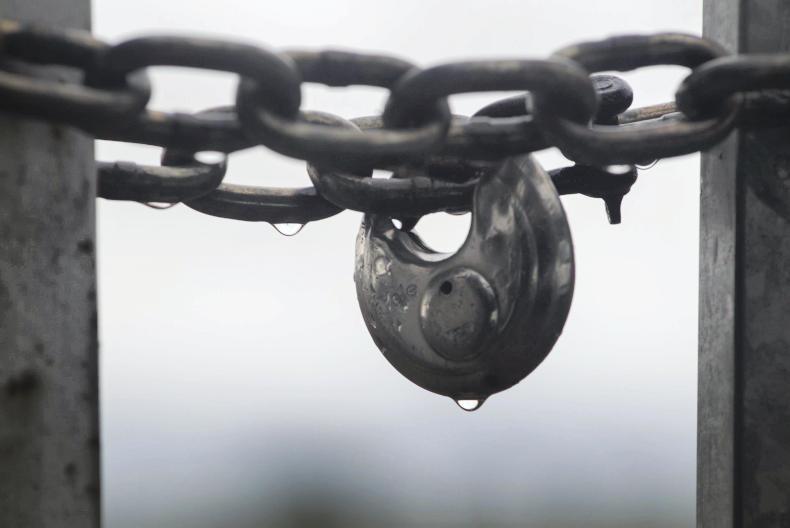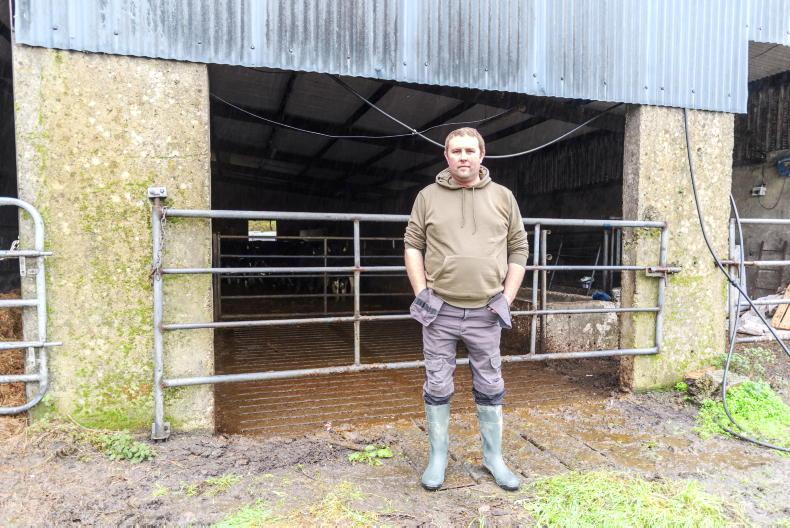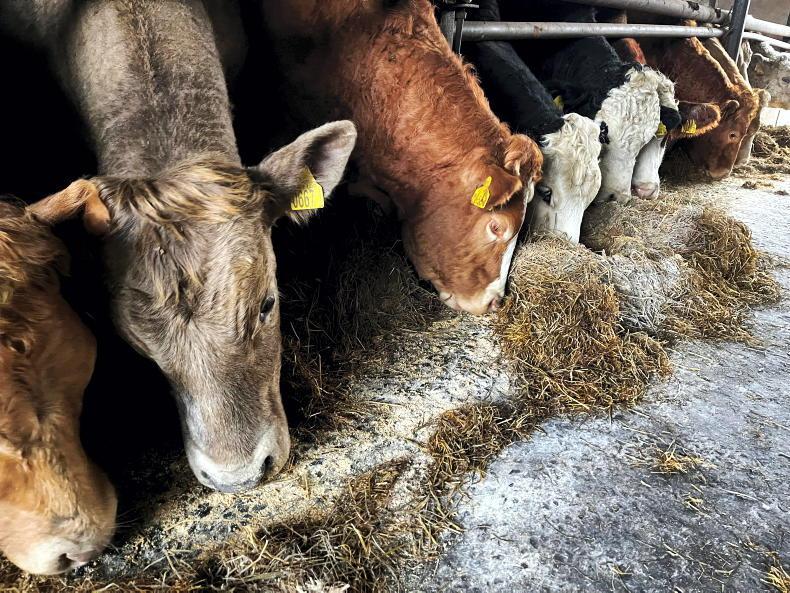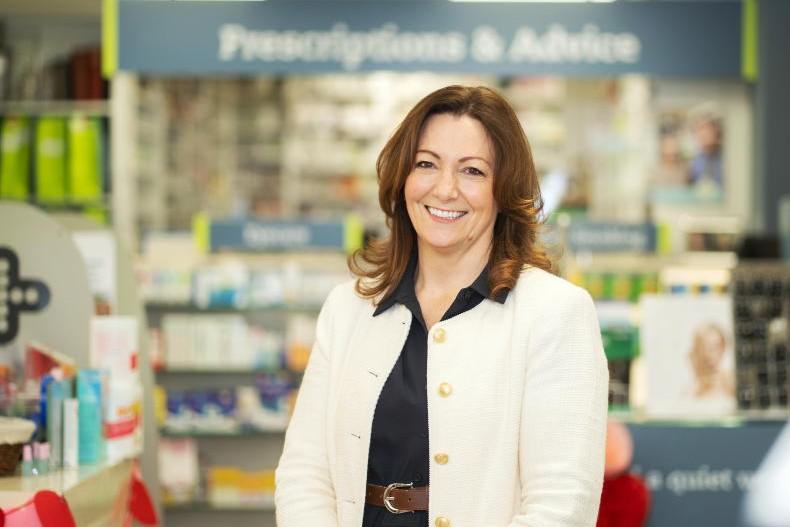Crime in the countryside is rising across the UK, with Scotland’s rate jumping 62 percent.
The 2019 Rural Crime Report by NFU Mutual, a rural and farming insurance company, shows countryside crime cost £50m in 2018, which is up 12% on the previous year.
The sharp rise is driven by high value thefts of tractors, quad bikes and other farm vehicles, with £7.4m stolen in 2018. Livestock theft was up 4% to £2.5m worth of animals.
The Midlands of England had the heaviest crime rate with nearly £10m of thefts, which was up over 10 percent.
The impact of crime, and the threat posed by criminal activity takes a huge toll on the health of those who live in rural areas
Areas around London also recorded a rise in thefts, with Kent spiking 74 percent to over £2.6m. Meanwhile, Wales recorded a fall in crime by 7.1 percent with £2.4m worth of thefts.
Although the biggest percentage increase was seen in Scotland, its rural crime cost remains below the UK average.
Chair of NFU Scotland’s Legal and Technical Committee, Jamie Smart, who farms at Linlithgow, said: “The impact of crime, and the threat posed by criminal activity takes a huge toll on the health of those who live in rural areas.”
The increased cost of rural crime isn’t caused by a rise in one particular area, but there are some developing trends.
Cybercrime
Because farms are mostly small businesses without on-site technical support, farmers are increasingly vulnerable to cyber attacks as they evolve or diversify into areas that are more reliant on IT systems.
The most common range from sending false invoices and using vishing and phishing techniques to obtain sensitive financial data, to infecting computers with malicious software and ransomware, or hacking into farm cameras and equipment.
Livestock theft
A generation ago, rustling involved a few animals being taken ‘for the pot’.
Today, organised gangs, often using working dogs, can take dozens, sometimes hundreds of sheep in a single night-time raid.
This can be devastating for small farms, where the loss of just a few animals can wipe out profits and disrupt business for years while flocks are rebuilt.
Dog attacks on livestock
Every year, thousands of sheep are killed or mutilated by dogs.
Even if the dog doesn’t make contact, the distress of the chase can cause animals to die or miscarry their lambs.
Dog attacks on farm animals cost £1.2m in 2018. And it’s not just the financial loss.
For small farmers in particular, the impact it has on breeding programmes can threaten their livelihood.
Fly-tipping
What was once the odd mattress being left at a farm gate has grown into a whole business of bogus waste companies dumping lorry-loads of rubbish in farmers’ fields.
Some even pose as genuine tenants, renting land and barns to use as illegal rubbish dumps.
On every scale, fly-tipping is a serious threat – to the health of grazing animals, to the environment, and especially to farmers who are often left to deal with the aftermath themselves.
Social media to tackle crime
Social media is now being used to combat rural crime. Many local communities are forming Whatsapp or Facebook groups to raise alerts and share information of suspicious activity.
Local police are encouraging others to use similar methods – including signing-up to Farmwatch to receive mobile phone text alerts directly from the Police Community Officers.
“Social media is a very useful tool for modern policing.
"If we can share what’s going on and build our watch schemes, we reduce rural crime by putting prevention at the heart of our activity” said PC Martin Beck, Rural Crime Officer, Devon and Cornwall Police.
Drones
Warwickshire Police is one of a growing number of forces using drones to help police its large rural areas.
The drones are equipped with thermal imaging capability and powerful spotlights, that can assist officers on the ground to gather vital video evidence following calls from farmers reporting illegal activity on their land, or to locate stolen vehicles and property.
“I know from experience that drones obtain results. Drone technology is still relatively new, but I can only see it getting better.
"Price points will come down, technology will improve, and we will seek to increase our capabilities in order to help farmers across the area,” said PC Craig Purcell, Warwickshire Police.









SHARING OPTIONS